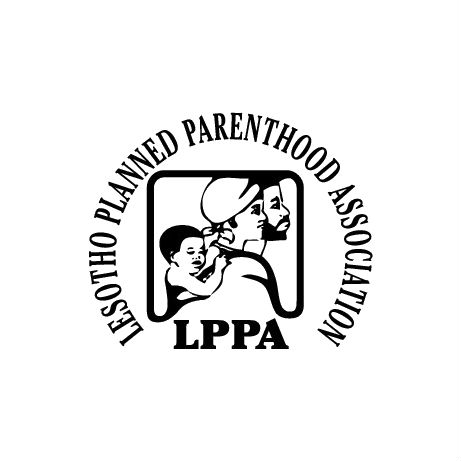

| 31 March 2016
Lesotho Planned Parenthood Association
One of IPPF’s central beliefs is that processes and approaches need to be adapted to meet the specific needs of a country. In Lesotho, a country with one of the highest HIV prevalence rates in the world, LPPA is very active in finding new ways to address neglected needs. LPPA provides a comprehensive range of sexual and reproductive health including: family planning, the management of sexually transmitted infections (STIs), screening for cancers of the reproductive system, the distribution of contraceptives and emergency contraceptives, pregnancy testing, post-abortion care, voluntary counselling and testing (VCT) and the management of infections. Clients are referred to other centres for CD4 tests and ARV treatment. LPPA reaches out to the communities it serves through 47 service points: 10 permanent clinics, 9 private providers, 30 associated agencies, 90 peer educators and 14 community-based distributors (CBDs). There are 54 permanent staff who are supported by over 200 volunteers. An estimated 75% of LPPA's clients are poor, marginalized, socially excluded and/or under-served. Target groups include cattle herders, prisoners, rural populations, factory workers, university students, police trainees and people living with HIV and AIDS. LPPA targets out-of-school children, and disseminates SRH information through drama, puppetry, sports for life, and facilitated discussions. Other education programmes include health talks, workshops, performances and radio and TV shows. In advocacy, LPPA reaches out to teachers, religious leaders and government leaders to promote favourable approaches to, and legislation on, SRH. LPPA has influential partnerships with government health and population departments, and it partners with major non-governmental organizations (NGOs). Donors include Irish Aid, UNDP, the Japan Trust Fund, and IPPF’s Korea Africa Fund. The Member Association has strong linkages with other organizations across the country, particularly in relation to HIV and AIDS.

| 31 March 2016
Association HERA XXI - Georgia
Based in Tbilisi, Georgia, Association HERA XXI is a women’s rights organization working from the feminist perspective. It has been actively working in the fields of healthcare, sexual and reproductive health and rights (SRHR) and gender equality since 1998. HERA XXI offers comprehensive education to vulnerable societal groups, makes quality SRHR services more accessible, promotes development of institutions of volunteerism and activism and enhances strengthening and engagement of youth and community groups. Evidence-based advocacy, partnerships, awareness-raising, and results-oriented monitoring are essential approaches for achieving HERA XXI’s programmatic goals. Target groups: Girls and women of childbearing age; Girls and women living under the poverty line; IDP girls and women; Rural population; Girls and boys aged 14 to 25; High risk groups; Ethnic minorities; The following telephone and online/remote services can be received through the HERA XXI’s Call Center (Hot-line: 20 11 221): Consultation with a doctor/reproductive specialist; Legal consultation on sexual and reproductive rights and domestic violence; Consultation of a Social Worker for Internally Displaced People (IDPs); Online consultation service of a reproductive specialist and a legal consultant for young people - the service is available on the platform – www.youth-counseling.ge. Advocacy The Association contributes to the improvement of the political, social and economic environment of the country by promoting universal access to sexual and reproductive health services, maternal health, comprehensive education on reproductive health and healthy lifestyles, improving legal environment of children’s rights in terms of SRHR, advocating youth policies at local, national and international levels, and increasing readiness and awareness of decision-makers regarding sexual and reproductive health and rights.







